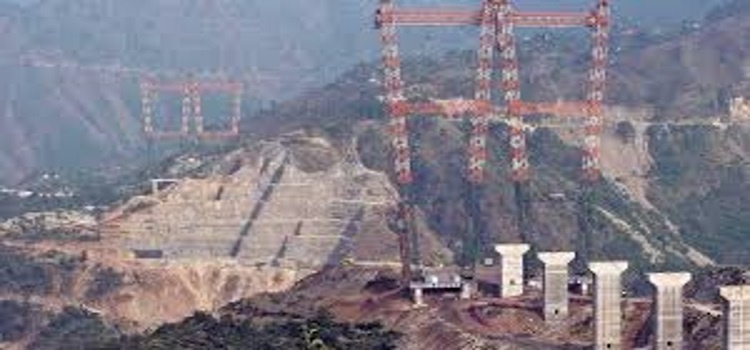
The Sevoke-Rangpo railway line that was announced in 2009 is confronting a fresh challenge after forest dwellers along the proposed tracks have demanded that they get land rights and compensation as they need to shift for the project.
The railway project was delayed for several years. The board of administrators of the Gorkhaland Territorial Administration (GTA) has only recently agreed to grant no-objection certificate to the railways to start the construction in stretches of forests.
On Tuesday, the forest dwellers claimed that over 40,000 villagers living in 24 forest villages would be affected due to the project. These people are residing on government land and don’t have land rights.
“As per the Forest Rights Act of 2006, the government or any other agency cannot take up a project in the forest without the consent of forest villagers. For this project, we apprehend that around 24 villages will fall along the proposed tracks and around 40,000 residents have to be shifted elsewhere. That is why we want land rights to be conferred on us and then, we should be compensated. Without our consent, the GTA cannot issue any NOC to the railways,” said L.K. Gurung, the secretary of the Himalayan Forest Villagers’ Organisation.
The demand comes a day before an important meeting between a seven-member delegation of the railways and Binay Tamang, the chairman of BoA of GTA, to discuss the railway project. Tamang is likely to hand over the papers of NOC to them during the talks.
The forest dwellers claimed forest hamlets like Rongpo, Kirney, Mongchu, Melli, Karmat, Kambu, Ramvi, Tarkhola, 28th Mile and 29th Mile – most of these are in Kalimpong district – would be affected.
“We have been residing in these villages for generations but so far, land rights have not been granted to us. However, in Alipurduar and Jalpaiguri districts, residents of around 94 such villages have been provided with land rights a couple of years back,” Shyam Karki, a resident of Tarkhola, said.
Most of these people are from underprivileged section and don’t have fixed income.
“Some of them are drivers or into farming. Others work as a day wage labourers. If they are provided with land rights, they will be automatically entitled to get compensation and can be included in a rehabilitation package,” he added.
They said letters would soon be sent to the state and central governments mentioning the issue.
“If our problem is not resolved, we will launch a movement,” said Sharan Rai, a resident of Rangpo.
For the Sevoke-Rangpo project, the railways need a total land of 98.94 hectares, of which only 2.77 hectares are privately owned. Also, another 18.40 hectares are with the government and around 8.49 hectares are of the state forest department for which the railways have got approval from necessary quarters.
“For the remaining 77.77 hectares, the NOC is required. It is on this land where the forest villagers reside,” said a source.
Railway officials are keeping fingers crossed. “It is long pending project. If such issues are raised now, there is a chance that it might further get delayed,” said an official.
